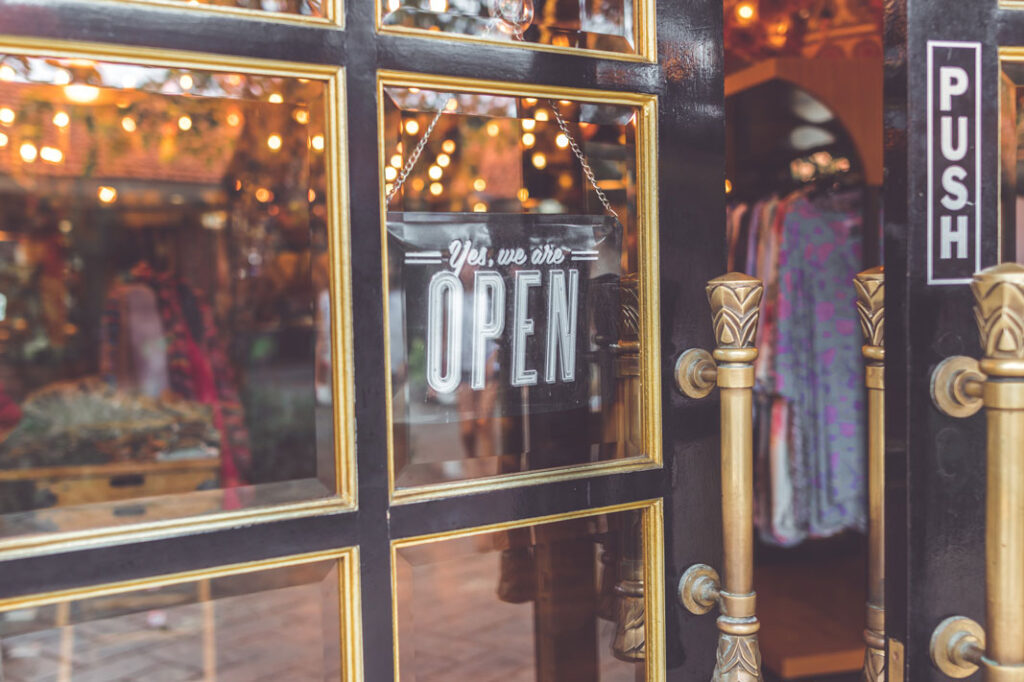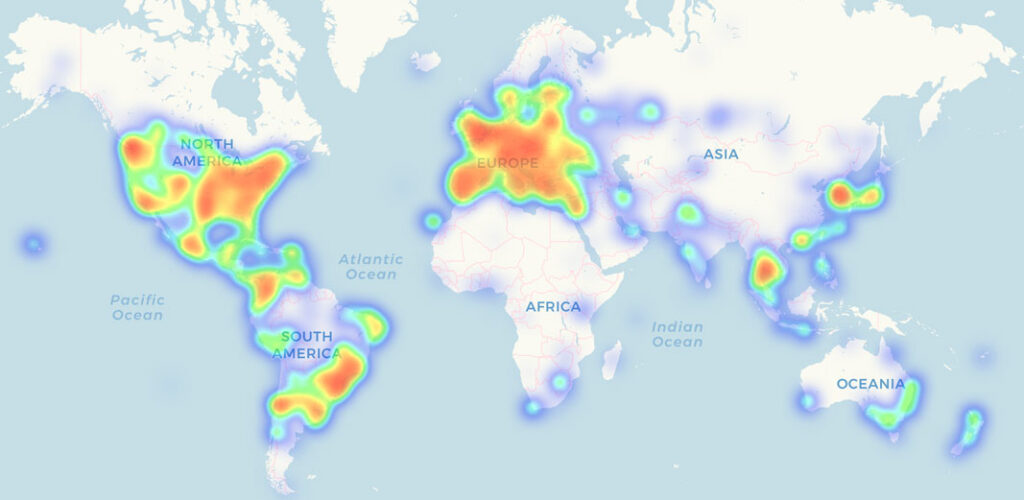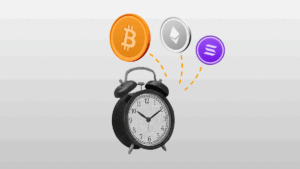
Usually, when we talk about Bitcoin, we talk about adoption in general terms. “People using the coin.”
However, we can – and sometimes should – talk about the adoption in more specific terms. Who is adopting digital currency? How and why are they adopting?
The state of Bitcoin merchant adoption
Usually, when we talk about Bitcoin, we talk about adoption in general terms. “People using the coin.”
However, we can – and sometimes should – talk about the adoption in more specific terms. Who is adopting digital currency? How and why are they adopting?
An introduction to merchant cryptocurrency adoption
When we talk about “merchant adoption”, we’re talking about businesses that accept Bitcoin, Ethereum, Bitcoin Cash, and other altcoins, in exchange for goods and services. What they do after that isn’t important.
Merchant adoption is important to the cryptocurrency community for two main reasons.
The first is that the more ways people have to use cryptocurrency, the more likely they are to have it. More people using crypto increases the value in the short term and decreases volatility in the long term.
The second reason is that being able to use crypto as a form of payment makes it operate more like a currency and less like a speculative asset. That transition makes the value of cryptocurrencies more stable over time.
How widespread is it?
The closest thing to a comprehensive list of all merchants accepting cryptocurrency payments is from Coinmap.org.

That platform lists nearly 16,000 locations globally, counting crypto ATMs. The list is also open-source so some retailers may be unaccounted for. That’s particularly true given the increasing availability of crypto point-of-sale technology.
We can’t talk about all of those use cases but there are a few that stand out.
Case Studies: Stores Around the World Accepting Cryptocurrency
We’ve already talked about how merchant adoption can drive consumer adoption but the opposite is also true. Venezuela became a poster child for Bitcoin last year after political unrest made the fiat (local) currency so unstable that cryptocurrencies became a popular hedge. For a time, users would use fiat to buy BTC for safekeeping and then exchange back to make purchases. However, the practice became so commonplace that many major retailers started accepting Bitcoin payments. And now, it is estimated that Venezuelan merchant crypto adoption will rise from 1% to 10%, and even surpass 10% of stores in 2020.
As early as September of 2019, thousands of French retailers announced at a finance conference that they would begin accepting crypto payments through a payment processor. The move means that some brands will now be purchasable using crypto at popular stores. France has been making headlines for Bitcoin advertisements as well. Overall, the country has a strong crypto culture despite being a part of the large and stable eurozone. This goes against the logic of most large adoption sites where adoption is driven by the use of multiple fiats and/or unstable fiats.
Around that same time, a sports bar in New Jersey, USA, was making headlines for opening its doors to Bitcoin, Litecoin, and a few other crypto users. This kind of sporadic adoption is characteristic of merchant adoption in other parts of the world. It’s also a great example of the kind of establishment that might slip past groups like Coinmap.
There are also various other global companies and online retailers, such as Microsoft, Amazon, and Shopify, that are already known for accepting BTC as a payment method.
Is There a Bitcoin Retailer Near You?
Is there a retailer near you that accepts cryptocurrency as a payment option?
If not, consider talking to your favourite retailers about the ease and benefits of accepting the virtual currency.
If so, support them. Buy from them, or use their services. Tell others about them. Make sure that sites like Coinmap know about them and talk about them on social media.
After all, real adoption isn’t just about buying and storing Bitcoin like some hodl dragon. It’s also about spending coin in the real world.



